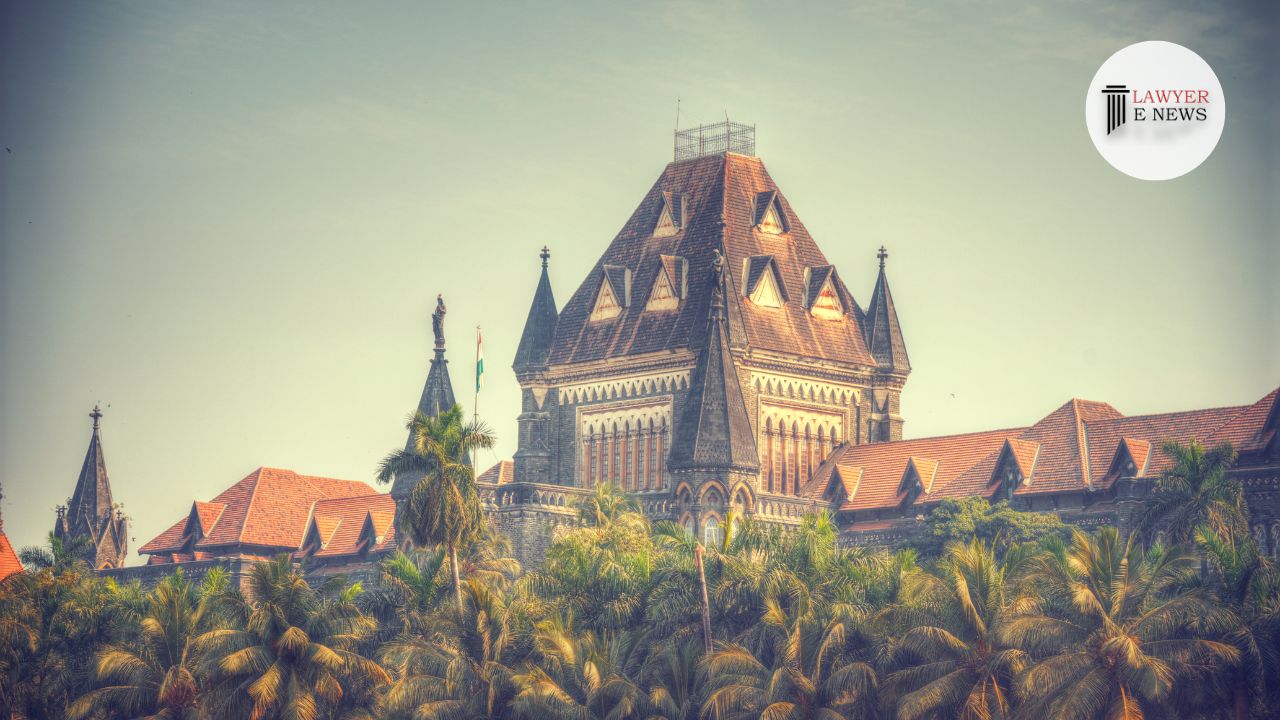-
by sayum
14 February 2026 2:22 PM



In a landmark judgment, the Bombay High Court, with Justice Sharmila U. Deshmukh presiding, held that depriving a spouse of economic resources and property rights amounts to economic abuse under the Protection of Women from Domestic Violence Act, 2005 (DV Act). The court's decision came in the case of Ashok Sunderjibhai Jadhav vs Madhu Ashok Jadhav and Anr., pronounced on 27th February 2024.
The Court delved into the interpretation of economic abuse under the DV Act. The judgement highlighted that deprivation of economic resources and properties, which the aggrieved party is entitled to, amounts to economic abuse. This includes the deprivation of the respondent's right to use properties jointly owned and lack of provision for her maintenance.
Facts and Issues: The respondent had filed an application under Section 12 of the DV Act, claiming relief under Sections 18, 19, 20, and 22 of the Act. The petitioner denied these allegations. The Trial Court partly allowed the application, leading to the petitioner's challenge in the Appellate Court, which was dismissed, and subsequently, the present writ petition was filed.
Economic Abuse: The Court observed that the petitioner deprived the respondent of her right to use properties jointly owned and failed to provide maintenance, thereby constituting economic abuse.
Quantum of Maintenance: The Court upheld the maintenance awarded by the Trial Court. It noted that the petitioner's income tax returns did not reflect his true income, considering his undisclosed income and properties.
Compensation: The compensation of Rs. 2,50,000/- was justified in view of the respondent's mental agony and deprivation of property use.
Refusal of Cohabitation: The Court found the respondent's refusal to resume cohabitation reasonable, due to her justified fears of being deprived of her property rights.
Decision: The High Court dismissed the petition, affirming the findings of economic abuse and upholding the maintenance and compensation awarded to the respondent.
Date of Decision: 27th February 2024.
Ashok Sunderjibhai Jadhav vs Madhu Ashok Jadhav and Anr.,
